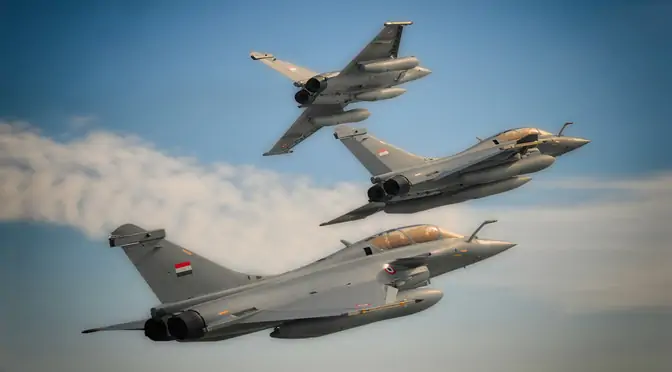On 12 and 13 June 2016, two terrorist attacks claimed by the Islamic State (also known as ISIS) reminded the Western population, with immediate impact on the U.K. “Brexit” polls (see below), that the war waged against them and all non-Salafis had not ended. The first attack took place against a gay nightclub in Orlando, U.S., killing 50 and wounding 48 people (e.g. BBC News, 13 June 2016). The second occurred in Magnanville, France (e.g. BBC News, 14 June 2016). There, a jihadi stabbed to death a police commanding officer, who was coming back from work, then killed the police officer’s partner under the eyes of their three and half boy in their home. The attacks generated political reactions showing that the debate has polarised but without truly evolving since the first recent …
Continue reading “Fighting the Islamic State’s Terrorism at Home – The Third Way”











